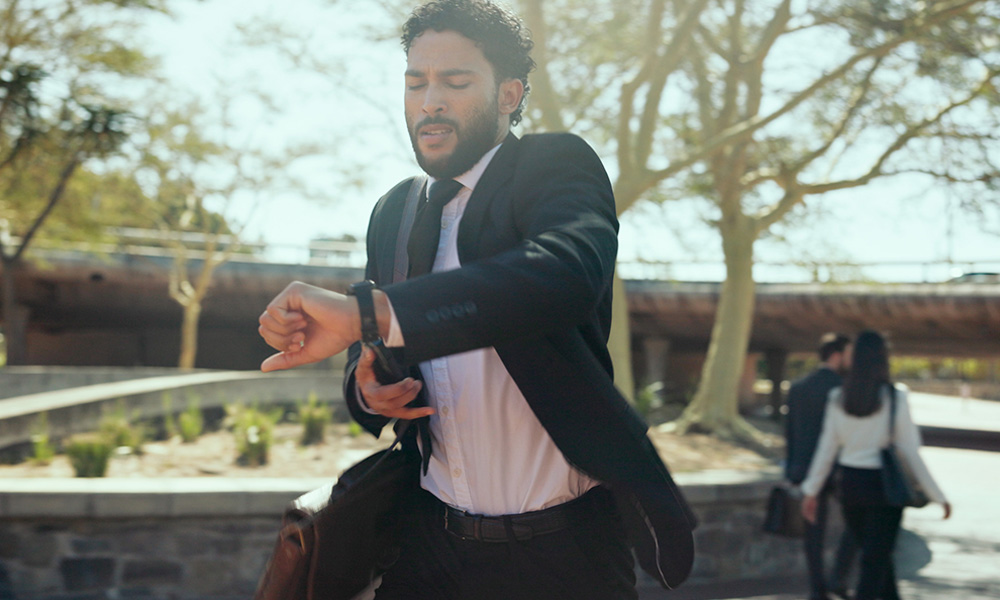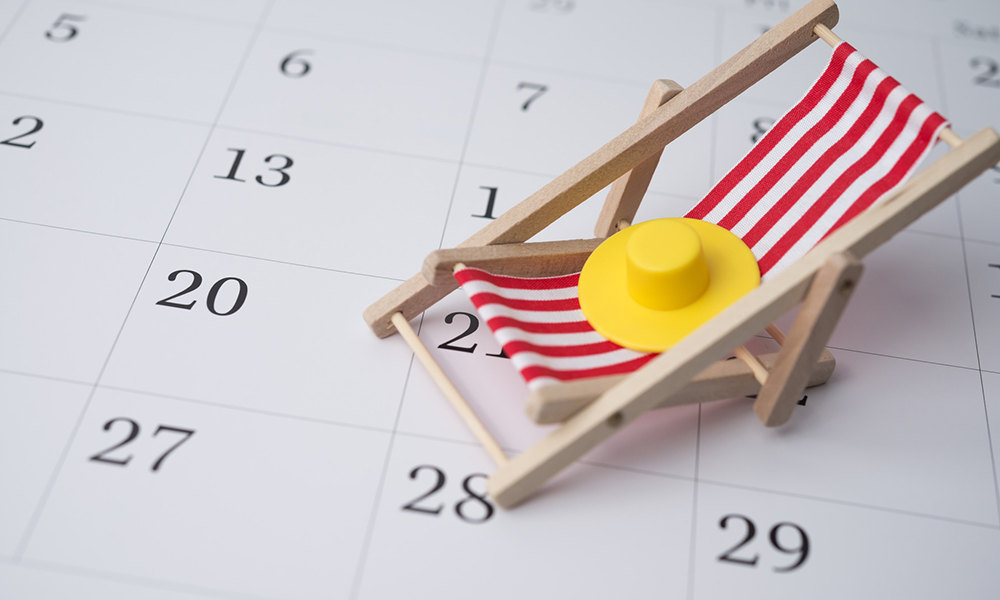Many of us had the privilege of hearing Nobel Peace laureate, Kailash Satyarthi, speak at the Godrej Leadership Forum recently. His talk covered a range of topics – how to think about the right choices in life, our responsibility to eliminate child violence and our imperative to strive for corporate social accountability. The session was incredibly inspiring and touching.
A few days ago, TED released a talk by Kailash ji titled ‘How to make peace? Get angry’ to a tremendous response. In this rather unconventional revelation, he talks about how much of the change that he has campaigned for and led, actually started out with anger. The anger that he felt against many injustices. He shares how it was anger that inspired some of his best ideas. How he worked on translating those ideas into action. And how that has made all the difference. Below is the link to the video. Please do watch it when you get a chance:
https://www.ted.com/talks/kailash_satyarthi_how_to_make_peace_get_angry?language=en#t-17826
And so, in my message today, I want to focus on anger and how we can leverage it as a powerful catalyst for change. To borrow from Kailash ji, “Anger is a power, anger is an energy, and the law of nature is that energy can never be created and never be vanished, can never be destroyed. So why can’t the energy of anger be translated and harnessed to create a better and beautiful world, a more just and equitable world?”
Why (not to) get angry?
Many of you would probably agree that getting angry is usually always labeled as something that we shouldn’t be feeling or demonstrating. We grew up being told that anger, like fear, was an emotion to keep under wraps. Anger is a negative. You don’t indulge or encourage it. Anger makes you lose control and can be quite destructive. You act out of character and end up making decisions that you could regret later. Anger makes you weak. And so the list goes on.
Channeling your anger for change
Much research has however shown that anger can be a powerful motivator of change. But the reason why it goes undiscovered more often than not, is that like with other ‘negative’ emotions – be it fear, disappointment, sorrow or frustration – our tendency is to stifle it. When we keep these emotions bottled up, it only leads to a self perpetuating cycle of even more anger, fear, disappointment, sorrow or frustration. This is in fact, what breeds the irrationality and weakness that we are cautioned against.
Think about it. This is something that you have probably experienced several times.
What Kailash ji highlights – and this is something that many great leaders have drawn from – is what happens when you allow yourself to feel anger. When you experience anger, and make sense of what has caused it and why, you allow yourself to control the emotion, rather than it being the other way round. You can then use this catharsis of sorts to drive a larger purpose. One that will hopefully remove the very reason that angered you in the first place.
As Kailash ji experiences it, anger triggers ideas. And it is those ideas that then get actioned to create change. This is one of the examples that he shares:
“I was very happy freeing a dozen children from slavery, handing them over to their parents. I cannot explain my joy when I free a child. I was so happy. But when I was waiting for my train to come back to my hometown, Delhi, I saw that dozens of children were arriving; they were being trafficked by someone. I stopped them, those people. I complained to the police. So the policemen, instead of helping me, they threw me in this small, tiny shell, like an animal. And that was the night of anger when one of the brightest and biggest ideas was born. I thought that if I keep on freeing 10 children, and 50 more will join, that’s not done. And I believed in the power of consumers, and let me tell you that this was the first time when a campaign was launched by me or anywhere in the world, to educate and sensitise the consumers to create a demand for child-labor-free rugs. In Europe and America, we have been successful. And it has resulted in a fall in child labor in South Asian countries by 80 percent.”
In his article on ‘The Wrath of a Great Leader’, Columbia University Professor Hitendra Wadhwa, founder of the Institute for Personal Leadership, talks about how Martin Luther King Jr. wrestled with anger, along much the same lines:
On a night in 1956, King’s home in Alabama was bombed by white extremists. In his autobiography, he wrote: “While I lay in that quiet front bedroom, I began to think of the viciousness of people who would bomb my home. I could feel the anger rising when I realised that my wife and baby could have been killed. I was once more on the verge of corroding hatred. And once more I caught myself and said: You must not allow yourself to become bitter.” That night, he didn’t just quell his own stirring for vengeance, but also that of the restless and roused masses who were outside his house, angered and ready to strike a blow at the establishment until they were soothed and moved by his words: “We are not advocating violence. We want to love our enemies. I want you to love our enemies. Be good to them. Love them and let them know that you love them.” But don’t get me wrong. In these moments, he wasn’t trying to crush his anger, or that of his people. He was trying to channel it into a higher purpose.
Your role as a leader
As leaders, we are expected to be the forerunners of collaboration and team work. Our conventional rule books don’t clearly account for anger. And yet, if you think about it, we can’t really achieve much cohesion within our teams unless we find a way to work through the things that cause arguments or disappointment, the things that make us angry.
Wishing them away or pretending like they don’t exist can’t be a lasting solution.
So, what if we were to take a cue from Kailash ji and flip this approach on its head? What if, we as leaders, acknowledge when things make us angry and figure out how to channelise this energy and effect change? Instead of suppressing it? And this doesn’t stop at us. We also need to encourage our teams to speak up and look for resolutions as well. To quote Martin Luther King, “…the supreme task [of a leader] is to organise and unite people so that their anger becomes a transforming force.”
Ask yourself, as Wadhwa puts it, what is your relationship with anger? Do you control your anger? Or does your anger control you?
So, think about how you can use anger to create change within yourself or around you. When you get angry about something, introspect. But don’t stay at the superficial level. There is a difference between anger and temper tantrums or verbal outbursts. Many a times, I see people shouting at others in meetings or sending rude emails. That, to me, is not acceptable.
When you are frustrated or angry about something, try to understand why you are feeling this way. Remember that getting angry is a choice that you are making. You are choosing to get angry. No one can make you angry if you don’t want to. So, don’t let anger take over you. Understand the feeling that drives your behaviours that make you act a certain way. Put things in perspective. Think about how you want to change the situation. Is there something that you want to alter in your behaviour or approach that will help achieve the action you desire? Is there something that you can do differently to influence others to change? Is there a new game plan that you can put in place? Switch your thinking from the problem (which is a negative feeling) to the solution (which is more positive).
If you can channel your anger to motivate yourself and ignite greater energy around you, it can be very powerful. This is the essence of constructive anger.
As always, I look forward to your thoughts.








Great read! Personally, (substantiated) anger is what keeps me going against odds. It’s much like the Hulk – “That’s my secret, I’m always angry”.
Thanks, Abhigya. I really like your choice of words – “substantiated” anger.
Amazing article. Such a different perspective on anger and its outcome. Insightful.
Thanks, Sunita. Kailashji’s perspective initially sounds a bit contrarian but upon deeper reflection, resonates so well with many of us.
A very different perspective, to look at anger positively, as a solution rather than a problem – like an energy that can be channelised. Powerful thought!